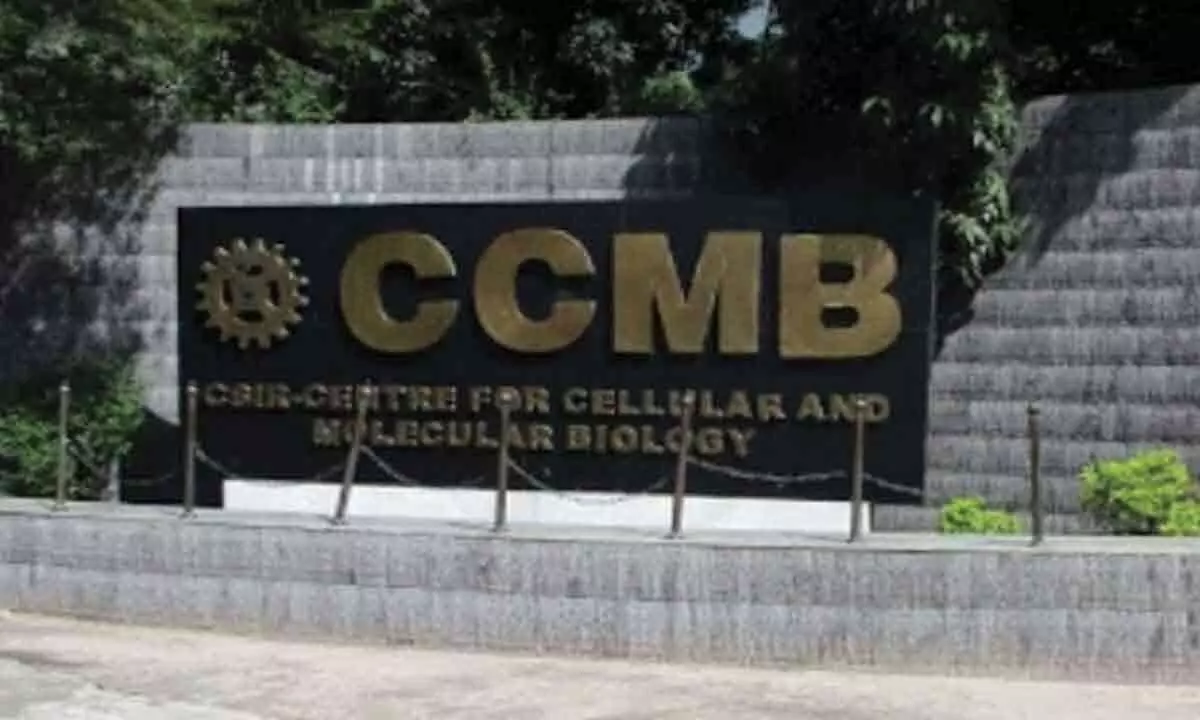Live
- A feminist lens on our mythology
- Prakasam police rescues kidnapped toddler within hours
- Time to get rid of Sattavad and Parivarvad politics
- Extend neither spl nor ill treatment
- Must-Watch OTT Originals in 2024: The Year’s Best Shows and Movies
- 40 Indian startups secure over $787 mn in a week
- India now formidable force on chess board
- Raghavendra Mutt pontiff visits Tirumala
- Whistleblower of OpenAI found dead in US apartment
- Trump’s US-first policy & India’s strategic latitude
Just In
CCMB joins International DEEP Project in global health initiative


Hyderabad-based Centre for Cellular and Molecular Biology (CCMB) on Thursday announced that it is a part of an international collaboration titled ‘Diverse Epigenetic Epidemiology Partnership (DEEP)'
Hyderabad : Hyderabad-based Centre for Cellular and Molecular Biology (CCMB) on Thursday announced that it is a part of an international collaboration titled ‘Diverse Epigenetic Epidemiology Partnership (DEEP)’ to improve global health by uncovering the effects of genomic and environmental diversity on differences in disease risk observed across the global population.
According to the officials of CCMB, the ground breaking five-year project, which has recently received 2.5 million GBP (Rs 25 crores) recently by Medical Research Council, UK, will explore key population health questions using datasets from across Asian, African, and North and South American continents. The study will be led by researchers the Hyderabad-based Centre for Cellular and Molecular Biology from India, University of Bristol, UK, the MRC Unit, The Gambia at London School of Hygiene and Tropical Medicine, London.
Senior scientist and JC Bose Fellow, Dr Giriraj R Chandak, who is representing CCMB in the study, said “this collaborative study involving scientists with varied expertise provides a unique opportunity to understand gene-gene and gene-environment interaction and their role in intermediate traits associated with non-communicable diseases or the disease itself.
Prior research is heavily biased towards relatively homogeneous European populations. This time around of inclusion of Indian cohorts, (representing a sixth of the world population) with longitudinal data on subjects making it possible to draw causal inferences, in association with the trans-ancestry cohorts, he added.

© 2024 Hyderabad Media House Limited/The Hans India. All rights reserved. Powered by hocalwire.com






